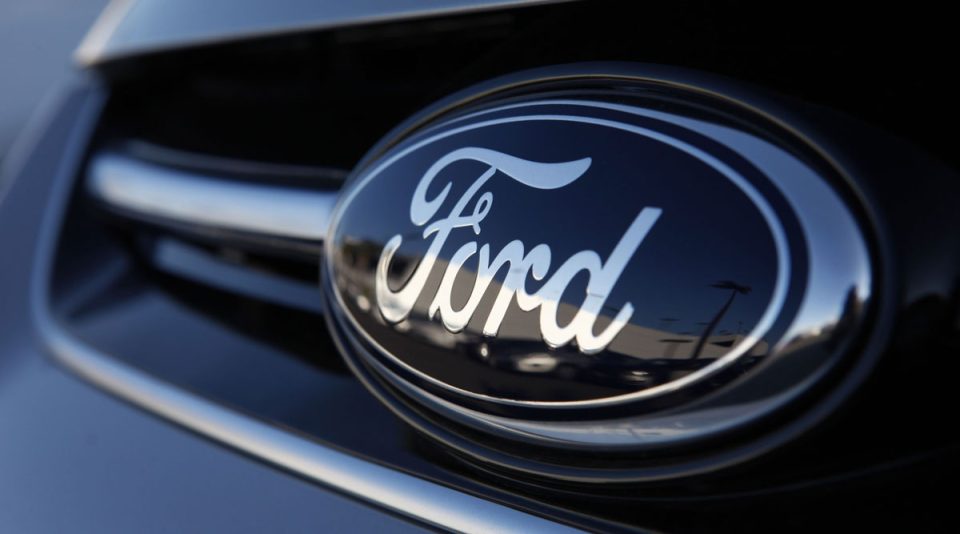Companies including General Motors, Ford, Google and solar producers said Tuesday they will work together to develop standards to expand the use of virtual power plants (VPPs), a system that offloads the grid during supply shortages.
RMI, an energy transition non-profit, will host the Virtual Power Plant Partnership (VP3) program, which will also aim to develop policies to promote the use of the system, the companies said.
Virtual power plants bring thousands of decentralised energy resources, such as electric vehicles or heaters controlled by smart thermostats.
With their customers’ permission, they use advanced software to deal with power shortages, such as switching households’ batteries, such as electric cars from charging to discharging or reminding water heaters to use electricity, e.g., devices to withdraw from consumption.
VPPs are positioned for explosive growth in the US. The Inflation Reduction Act of 2021 has created or expanded tax incentives for electric vehicles, electric water heaters, solar panels, and other equipment whose output and consumption can be coordinated to smooth grid loads.
RMI estimates that the VPP could reduce peak US demand by 60 GW by 2030, or the average consumption of 50 million households, and by more than 200 GW by 2050.
“Virtual power plants will enable grid planners and grid operators to (better manage) the growing demand for electricity from vehicles, buildings, and industry, and ensure that even in the face of ongoing extreme weather challenges and ageing physical infrastructure, the grid remains Reliable, too,” said Mark Dyson, general manager of RMI’s carbon-free power projects.
Rob Threlkeld, GM’s director of global energy strategy, told Reuters that the VP3 will be able to “show that electric vehicles can be a reliable asset for retail utilities and/or retail transmission operators” and “can be a homeowner and fleet customer.”
The VPP has already improved grid reliability in Germany, Australia and some US states.
During last August’s extreme heat wave, wholesale market operator California Independent System Operator avoided blackouts by calling on all available resources, including the VPP, to dispatch power. The Google Nest Smart Thermostat helps lighten the load.
Other founding members of VP3 include Ford, SunPower and Sunrun.
 Live
Live

